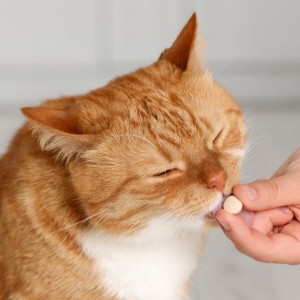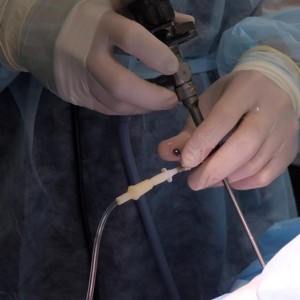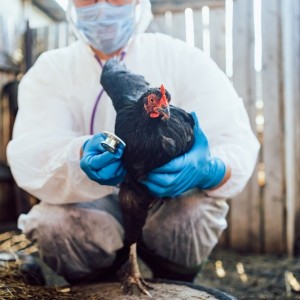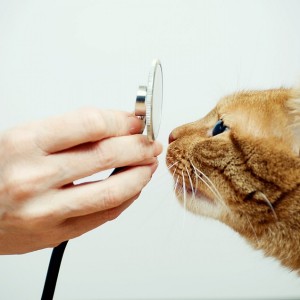Molecular detection of Helicobacter spp. and Fusobacterium gastrosuis in pigs, wild boars
Microorganisms may be associated with gastric pathology
Besides Helicobacter pylori, a Gram-negative bacterium that may cause gastric disorders in humans, non-Helicobacter pylori helicobacters (NHPH) may also colonize the stomach of humans and animals. In pigs, H. suis can induce gastritis and may play a role in gastric ulcer disease, possibly in association with Fusobacterium gastrosuis.
In the present study, gastric samples from 71 slaughtered pigs and 14 hunted free range wild boars were tested for the presence of DNA of F. gastrosuis and gastric Helicobacter species associated with pigs, dogs, cats and humans, using species-specific PCR assays, followed by sequencing of the amplicon. These gastric samples were also histopathologically evaluated.
Results showed that almost all the pigs presented gastritis (95.8%). Helicobacter spp. were detected in 78.9% and F. gastrosuis in 35.2% of the animals. H. suis was the most frequently identified Helicobacter species (57.7% of the animals), followed by a H. pylori-like species (50.7%) and less often H. salomonis and H. felis (each in 2.8% of the animals). H. suis was most often detected in the glandular (distal) part of the stomach (pars oesophagea 9.9%, oxyntic mucosa 35.2%, antral mucosa 40.8%), while the H. pylori-like species was mainly found in the non-glandular (proximal) part of the stomach (pars oesophagea 39.4%, oxyntic mucosa 14.1%, antral mucosa 4.2%). The great majority of wild boars were also affected with gastritis (71.4%) and Helicobacter spp. and F. gastrosuis were detected in 64.3% and 42.9% of the animals, respectively. H. bizzozeronii and H. salomonis were the most frequently detected Helicobacter species, while a H. pylori-like species and H. suis were only occasionally identified.
In conclusion, these findings suggest that these microorganisms can colonize the stomach of both porcine species and may be associated with gastric pathology. This should, however, be confirmed through bacterial isolation. This is the first description of the presence of F. gastrosuis DNA in the stomach of wild boars and a H. pylori-like species in the pars oesophagea of the porcine stomach.
Francisco Cortez Nunes, et al. “Molecular detection of Helicobacter spp. and Fusobacterium gastrosuis in pigs and wild boars and its association with gastric histopathological alterations.” Vet Res. 2022 Oct 8;53(1):78. doi: 10.1186/s13567-022-01101-5.














List
Add
Please enter a comment